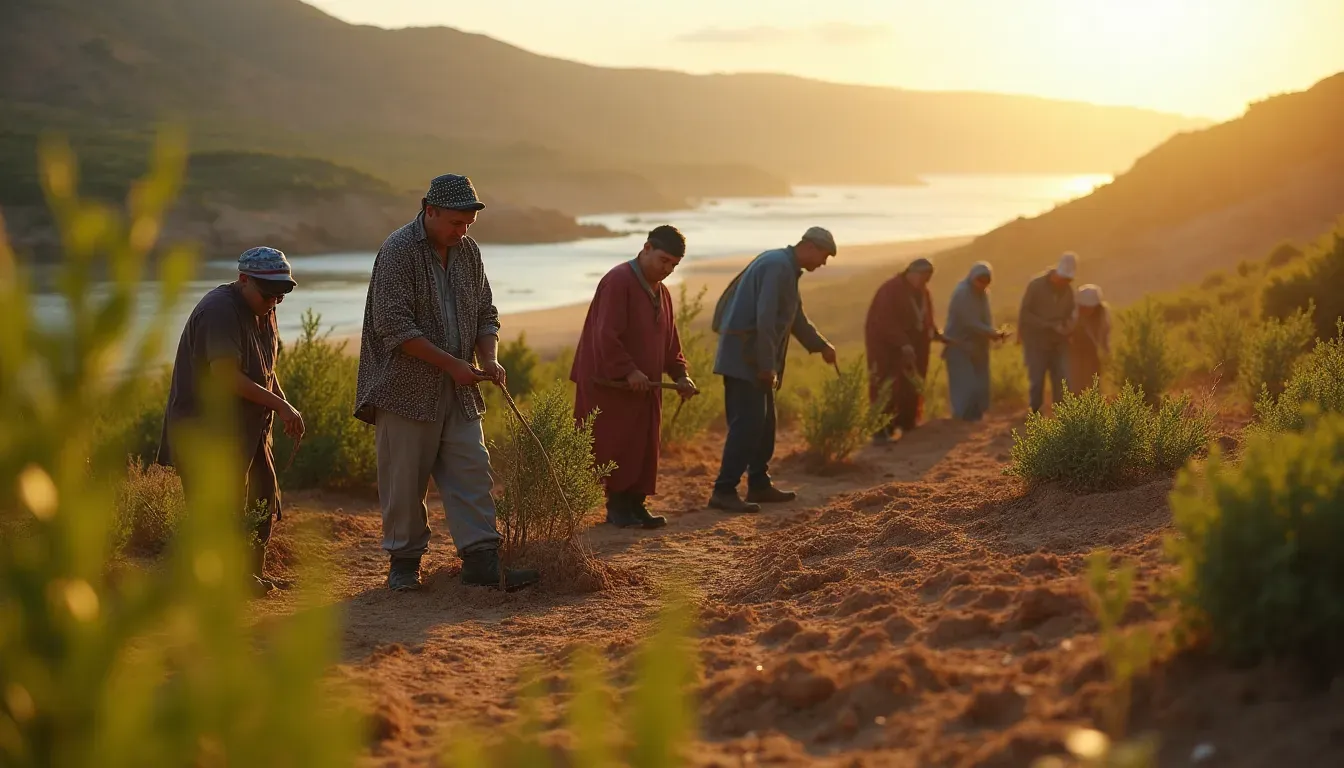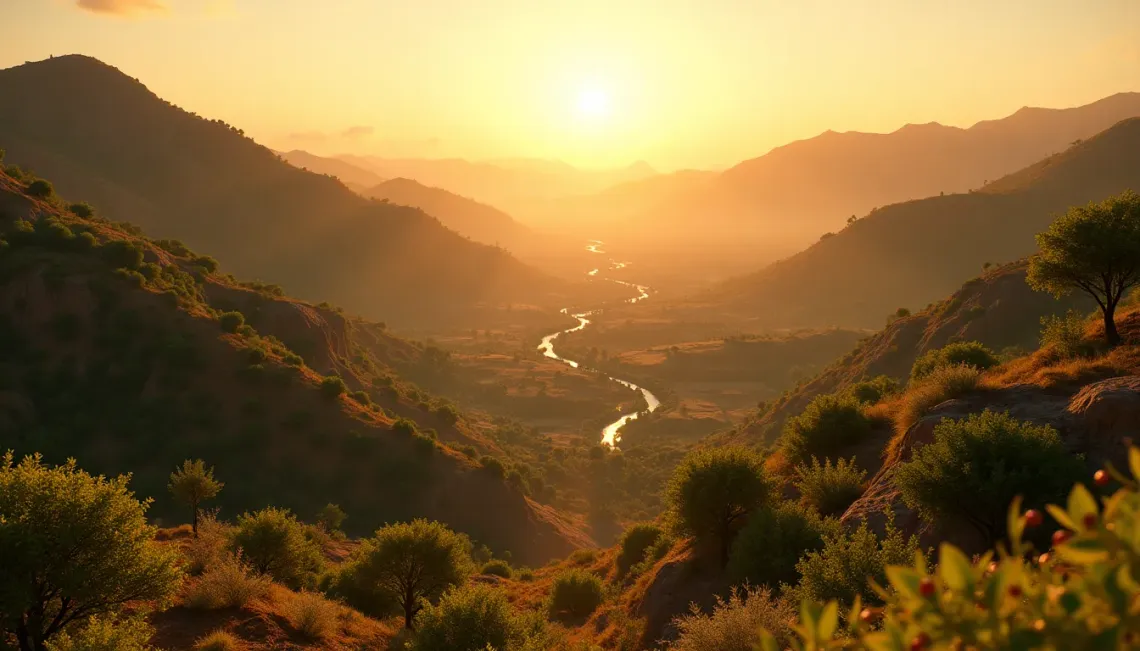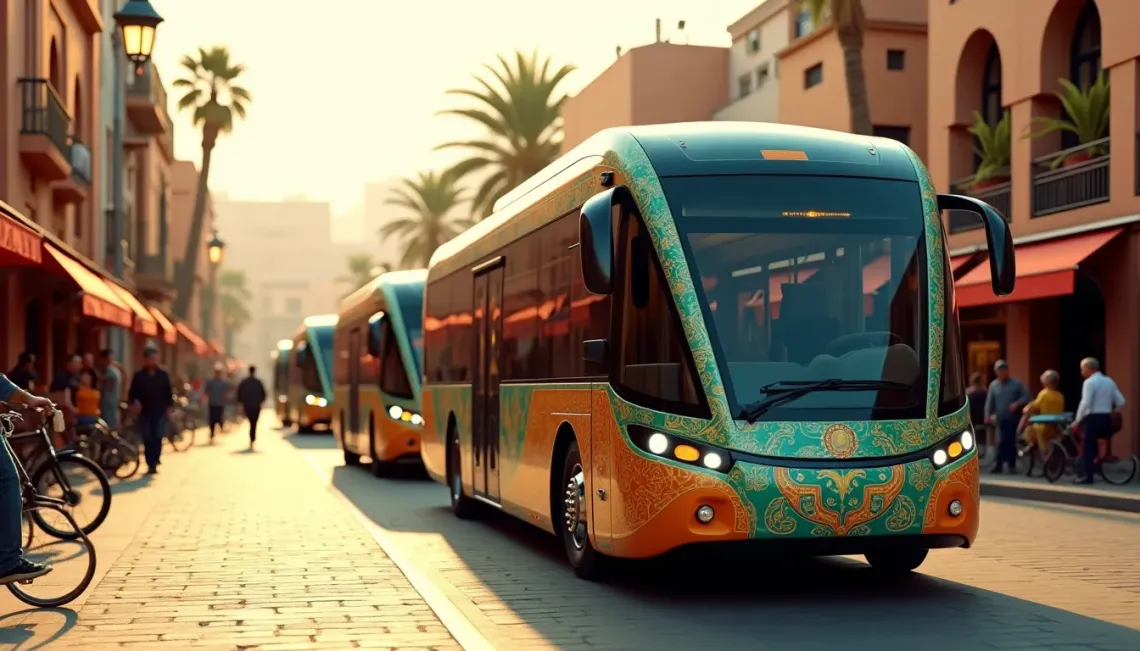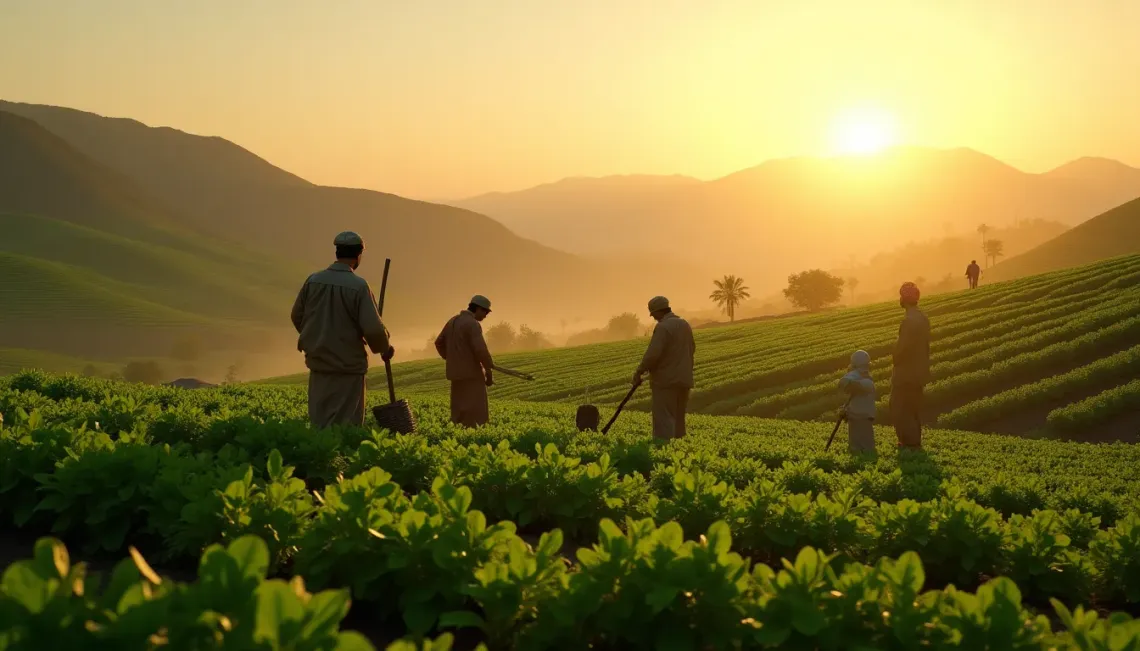Morocco's environment holds a rich tapestry of natural beauty, encompassing everything from verdant valleys to rugged mountain landscapes and sweeping desert vistas. Yet, like much of the world, Morocco faces significant environmental challenges that threaten its biodiversity and ecological balance. Remarkable strides in environmental conservation are being achieved through collective efforts, which emphasize sustainable practices and prioritize community involvement.
Morocco's Environmental Landscape
Morocco's environmental diversity includes the majestic Atlas and Rif Mountains, the extensive Sahara Desert, and the fertile plains that support a variety of plant and animal life. However, the pressures of modernity pose risks such as deforestation, soil erosion, and water scarcity. Addressing these issues requires a concerted effort across various sectors of society.
The Power of Collective Efforts
Environmental conservation in Morocco increasingly relies on collective efforts that unite governmental bodies, non-governmental organizations, and local communities. Collaborative projects focused on sustainable practices often include:
- Reforestation initiatives that restore native tree species and strengthen ecosystems
- Water conservation techniques that maximize resource efficiency in agriculture
- Efforts to reduce desertification by preserving soil quality and promoting plant growth
These endeavors highlight the importance and impact of collective efforts in tackling Morocco’s environmental challenges.
Sustainable Practices Leading the Way
Adopting sustainable practices is essential for safeguarding Morocco’s environment. Utilizing traditional agricultural techniques alongside modern innovations has proven effective. Morocco has embraced:
- Eco-friendly agriculture: Employing organic farming methods to reduce chemical use and protect soil health.
- Renewable energy projects: Investing in solar and wind energy initiatives to reduce dependency on fossil fuels and lower carbon emissions.
- Water management systems: Implementing irrigation systems that conserve water and ensure adequate supply for crops.
These sustainable practices, supported by strategic collective efforts, are pivotal in maintaining environmental health and fostering a greener future.
Community Involvement: The Heart of Conservation
Community involvement is the backbone of environmental conservation in Morocco. Local communities play a crucial role in implementing and sustaining environmental projects. Educational programs empower citizens with knowledge about sustainable practices, enabling them to be proactive participants in conservation efforts.
A vibrant example of community-driven projects is the establishment of local cooperatives focused on sustainable agriculture and crafts. These cooperatives not only promote environmental awareness but also provide economic opportunities, showcasing how community involvement can intertwine with ecological initiatives.
Building a Sustainable Future
Morocco’s commitment to environmental conservation is evident in its participation in international frameworks like the Paris Agreement and its Nationally Determined Contributions (NDCs). The focus on collective efforts, sustainable practices, and community involvement is paving the way for Morocco to become a leader in environmental sustainability.
For readers interested in further exploration, check out related topics on renewable energy projects in North Africa or community-led sustainability initiatives across the globe, to see how these methods can be applied elsewhere.
In conclusion, the journey to save Morocco’s environment is a testament to the power of collective efforts. By embracing sustainable practices and fostering community involvement, Morocco is setting a benchmark for nations around the world. Together, these efforts ensure that future generations will inherit a land where nature and humanity coexist harmoniously.




